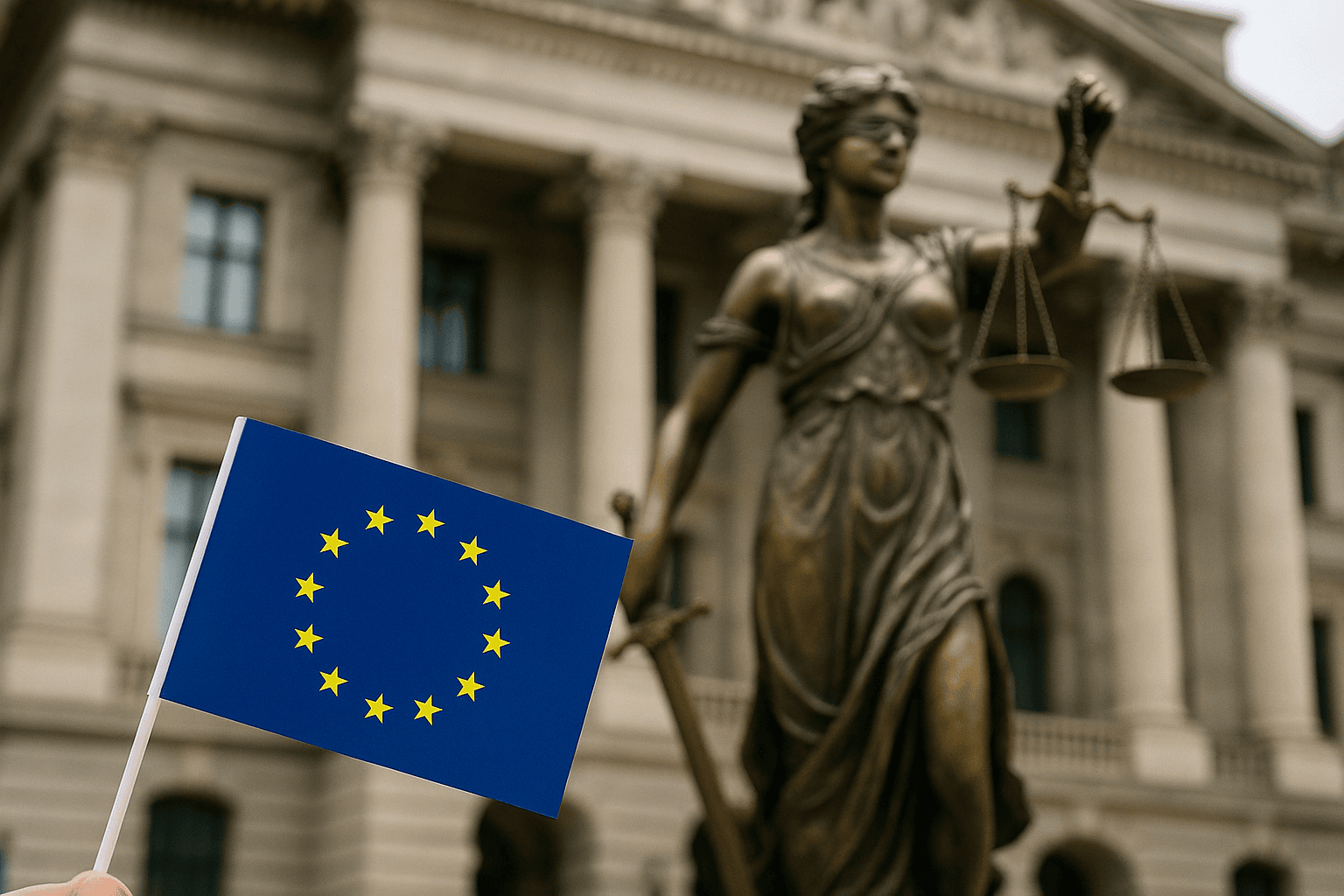EU Launches Consultation on Digital Fairness Act: What it Could Mean for Affiliate and Digital Marketers

The European Commission has launched a public consultation on the proposed Digital Fairness Act, a piece of legislation that could reshape how digital platforms interact with consumers across the EU. The focus is on ending manipulative design patterns, increasing transparency, and strengthening consumer protection in digital environments — including e-commerce, apps, and marketing.
For affiliate marketers and digital advertisers, this is more than just another set of rules. It represents a fundamental shift in how conversion tactics, user journeys, and even affiliate tracking might be regulated in the coming years.
Here’s what’s on the table, what the Commission wants feedback on, and what marketers should be thinking about right now.
What is the Digital Fairness Act?
The Act is part of a broader push by the European Commission to modernise consumer protection laws for the digital age. It aims to clamp down on practices that subtly manipulate or pressure users — often referred to as “dark patterns.”
These include things like:
- Pre-ticked boxes at checkout
- Countdown timers that reset every time a page reloads
- Hiding cancellation options behind multiple clicks
- Making it easier to subscribe than unsubscribe
- Misleading design that nudges users into spending more than intended
While many of these tactics are already frowned upon, the new legislation would give regulators more power to enforce penalties — and require companies to rethink how they design digital funnels.
Why it matters for affiliate and performance marketers
Affiliate and performance marketing often rely on design nudges to boost conversions. That might include urgency messaging, product scarcity tags, or post-click upsells. But the Digital Fairness Act would force brands and partners to re-evaluate what’s ethical — and what’s legal.
For affiliates, this could mean changes in how landing pages are structured, how offers are displayed, and how consent is gathered for tracking cookies or personalised recommendations.
Networks may need to provide clearer guidance to publishers, and advertisers may become more selective about who they work with — especially in regulated sectors like finance, health, or education.
A spotlight on tracking and consent
Another key area of focus in the consultation is user consent — especially when it comes to personal data, profiling, and behavioural targeting.
This matters because many affiliate models rely on cookies, pixel tracking, and user profiling to deliver attribution. If the new law tightens restrictions here, it could impact how conversions are tracked and commissions are awarded.
This isn’t just an affiliate issue — it’s a wider challenge for digital marketers across Europe. But it will hit performance channels first, because they rely so heavily on real-time tracking and optimisation.
What the Commission wants feedback on
The public consultation, open until later this year, invites feedback from companies, civil society, and EU citizens on a wide range of digital practices. That includes:
- How widespread dark patterns are across websites and apps
- Whether current consumer laws are sufficient
- What role platforms should play in policing bad practices
- How enforcement could be strengthened without stifling innovation
Marketers, agencies, affiliate networks and e-commerce businesses are all encouraged to take part. This is a chance to shape the future rules — and ensure the affiliate model is properly understood and represented.
What happens next
Following the consultation period, the Commission will draft formal legislation — likely in early 2026. From there, it would need approval from the European Parliament and national governments.
If passed, the rules would apply across all EU member states — and, by extension, to any business targeting EU consumers.
That includes UK-based marketers still operating in the region, as well as US platforms and global affiliate programs. Like GDPR, the ripple effects could be felt far beyond Europe.
How to prepare now
While the law is still in development, there are a few smart steps marketers can take today:
- Audit your conversion funnels for dark patterns or manipulative design
- Ensure opt-ins are clear, transparent, and compliant with current GDPR rules
- Update affiliate landing pages to prioritise user experience and trust
- Brief affiliate partners on upcoming changes and best practices
- Provide feedback during the consultation to help shape realistic regulation
Compliance isn’t just about avoiding fines — it’s about building trust. Consumers are increasingly aware of how they’re being nudged and tracked. Being upfront and respectful isn’t just good ethics — it’s good business.
Final thoughts
The Digital Fairness Act could be one of the most important pieces of EU legislation for digital marketers in the coming years. While it’s aimed at protecting consumers, it will also push marketers to evolve — moving away from manipulation and towards clarity, value, and genuine connection.
For affiliate marketers, that means adjusting tactics without losing performance. For networks, it means supporting partners with the tools and knowledge to stay compliant. And for the wider industry, it’s a reminder that sustainable marketing depends on trust — not tricks.






